Since 2014, more and more countries in both Northern and Southern hemispheres have been using
accurate handset-based location of emergency callers. There are numerous reports of its benefits
across countries. As an example, it is estimated that between 2024 and 2033, handset-based location could potentially save between 8,620 and 10,530 lives in total in the European Union, and could positively impact between 88,360 and 104,640 lives in total in the EU.1 In the UK alone, the total economic benefits in the 9 years following the deployment of handset-based location is estimated at close to 14 billion EUR.2
Unfortunately, while this location data is widely available as native on both Android and iOS phones,
its use in the context of emergency calls remains mostly limited to countries in Europe, North America,
Australia and New Zealand, where handset-based location has been encouraged by additional
regulation3 and industry best efforts to improve caller location.
We, members of the Collaborative Coalition of International Public Safety (CC:IPS), call on public
authorities and emergency services from countries across the globe to actively engage with Mobile
Network Operators (MNOs) and smartphone Operating Systems providers towards the deployment
of accurate handset-based caller location.
Moreover, we call on smartphone Operating Systems providers to actively publicize the availability
of handset-based location and to encourage public authorities and MNOs to make use of it.
Lastly, we call on international organisations such as the International Telecommunication Union
(ITU) to raise awareness on the availability of handset-based location and to encourage its member
countries to deploy such a life-saving feature.
You can access CC:IPS Pledge as a PDF here.
— — — — — — — — — — — —
EENA is a member of the CC:IPS: a pact of public safety organisations launched on 4 November 2019. The other organisations involved are: the Association of Public-Safety Communications Officials, Canada (APCO Canada), the British Association of Public-Safety Communications Officials (BAPCO), the National Emergency Communications Working Group – Australia / New Zealand, (NECWG-A/NZ), NENA: The 9-1-1 Association and the Centre for Disaster Management and Public Safety (CDMPS). The organisations involved pledge to promote, support and improve emergency services utilising the most current and commonly accepted technologies, standards, and best practices. This latest pledge reflects the need for public authorities and emergency services organisations to improve handset-based location.
1 https://ec.europa.eu/defence-industry-space/system/files/2021-02/HELP112%20II-D4.2%20v1.3.0.pdf (p64)
2 https://ec.europa.eu/defence-industry-space/system/files/2021-02/HELP112%20II-D4.2%20v1.3.0.pdf (p49)
3 Example in the USA: https://www.fcc.gov/public-safety-and-homeland-security/policy-and-licensingdivision/911-services/general/location-accuracy-indoor-benchmark
